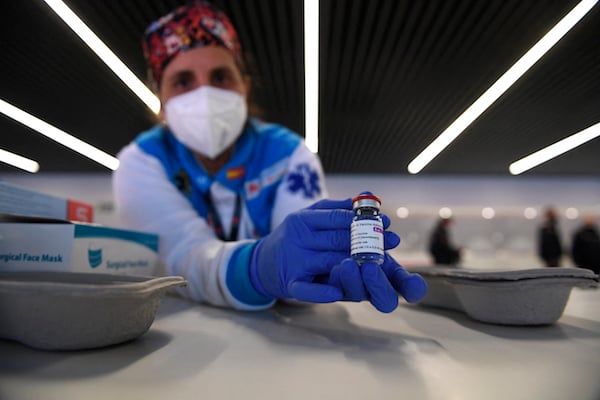The announcement was made in a new document by Spain’s Health Ministry on Friday, February 26th, and is one of the most significant updates to the current vaccination strategy.
The published document states that it will not be necessary to carry out tests either before or after the vaccinations to verify if the person has antibodies against Covid-19.
Those under 55s who get infected with Covid-19, even after receiving the first dose of the vaccine, will however be given a second dose six months later.
For those over 55s, the Health Ministry still recommends the regular two doses.
Like the under 55s, those over 55 who are infected with the virus after just the first dose, will be vaccinated with the second once they have fully recovered.
The groups that will be receiving the Pfizer-BioNTech and the Moderna vaccines next will be those ages 70-79, then those ages 60-69, followed by those under 60 with high risk conditions and then those between ages 56 and 59.
The new document also states that once the AstraZeneca vaccine is given to key workers such as policemen and firemen, it will be administered to people aged between 45 and 55.
The Health Ministry maintain that the main risk factor for hospitalisation and death from Covid-19 is age, specifically those over 60 years. This risk increases with age.
The document also states: “Based on the principles of necessity and equity, the elderly who are not institutionalised should be vaccinated as soon as possible”.
So far, Spain has vaccinated 'almost all' care home residents against Covid and has already moved on to vaccinating the over 80s in the general population.
They have also started vaccinating key workers such as firemen, policemen, teachers and pharmacists. Most health care workers in hospitals and care homes have also been vaccinated.
READ ALSO:



 Please whitelist us to continue reading.
Please whitelist us to continue reading.
Member comments